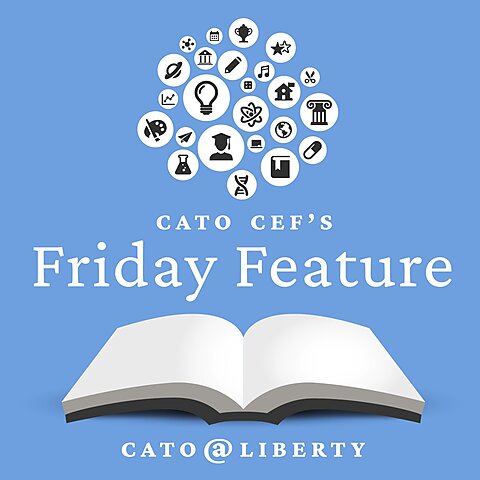
Colleen Hroncich
“The more that I, as a parent, learned about Charlotte Mason principles, the more I realized that this woman was way ahead of her time,” says Andy Zawacki, Head of School at Arborbrook Christian Academy in Charlotte, North Carolina.
Arborbrook was founded in 2005 by four homeschooling families who wanted a Charlotte Mason-based education for their own children and others in the area. In the first year, it served 40 students K‑8, mostly homeschoolers. The school grew rapidly, both in enrollment and grades offered. By the fifth year there were 170 students in grades K‑11. “We’re at 270 students now without much room for more growth,” says Andy. “We currently have two sections of every grade in K‑7 and one section in the upper school, grades 8–12. But that trend is continuing, so K‑8 next year will have two sections. We’re looking to build a building to accommodate the growth.”
In the lower school, which includes grades K‑6, they have what they call Alpha and Omega time where they start and end their days with God. On Mondays and Wednesdays, they start with classroom devotions and prayer time. On Tuesdays and Thursdays they have assemblies. The classes rotate sharing about the chosen theme on Tuesdays and Andy generally shares a message building off that on Thursdays. Omega time at the end of each day for K‑6 is Bible class so they receive that right before they head home.
In between Alpha and Omega time, the day is full of short, fast-paced lessons. “We’re not rushing them, but we are moving them from subject to subject, special to special, ideal to ideal to give them a very robust feast throughout the school day that is all laced in the Charlotte Mason philosophy of education,” Andy explains.
Arborbrook includes the academic coursework and enrichment classes that parents expect in a private school. But it’s the nature component that makes the school unique in the area. “As a Charlotte Mason school, this is part and parcel of her philosophies. Get children outside, get them learning, get them in the dirt, help them make observations,” says Andy. “We have a fantastic nature studies program where they’re growing their own gardens, they’re reaping the harvest from those, and having a salad party.”
The upper school, grades 7–12, follows a block schedule with Monday/Wednesday classes and Tuesday/Thursday classes that meet for 90 minutes. They have core subjects of math, English, history, science, and Bible. The other classes vary by grade. In junior high, they have a specials block and a writing workshop based on Charlotte Mason principles. High school juniors and seniors can take dual enrollment courses that give them high school and college credits.
There are also required classes meant to prepare students for life after high school. For example, freshmen take a special PE/health class that combines practical, hands-on skills training and classroom instruction to provide basic foundational life skills in the area of fitness and health. Sophomores take a Christian leadership class with Andy. Juniors have a junior seminar class to walk them through the college application process. And seniors have an advanced apologetics class that Andy says includes “subjects not yet covered that they need before they launch out into the world.”
On the dual enrollment front, Arborbrook has a rather unique program. Andy had a previous relationship with Ocean County College, a community college in New Jersey, so he asked them about partnering for dual enrollment. “We get certified as professors by the college, and we teach the courses embedded into our program here. So the students get college credit and high school credit while they’re here. They can graduate with 33 or 36 college credits just taking courses here. They also have online courses that they can take if they want,” Andy explains. The college already ran similar programs with local high schools, but Arborbrook is their only extension partner so far.
According to Andy, the North Carolina Opportunity Scholarship is helping Arborbrook families. Last year, the legislature made the program universal, meaning every North Carolina family is eligible to apply. Scholarship amounts are higher for lower-income families. However, under current funding levels, there is a waitlist of around 55,000 students who did not receive scholarships due to lack of funding. As funding increases, “that will be a big game changer for our school as a whole and I think every private school,” Andy says. “I never thought I’d see the day, but here we are on the precipice of it. That will be a tremendous blessing and change for our families.”
Andy is thankful that he found Charlotte Mason and has seen the fruits of the model in his own children. “I encourage parents to exercise your freedom to be able to find things that are out there that really resound with you as an educator or as a parent for your children’s education,” he says.





